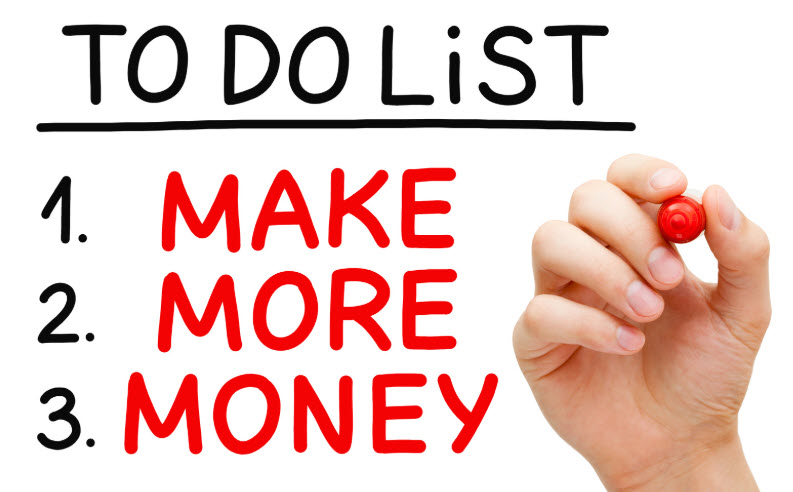


Buying and selling items on eBay can be a lucrative way to generate a steady income stream from home.
With over 185 million active buyers worldwide, there is a vast pool of potential customers to tap into. Here are some detailed tips to help you succeed in this venture:
Finding Profitable Items to Sell:
1. Research trending items: Start by researching popular items in categories such as electronics, fashion, home goods, and collectables. Use eBay’s advanced search and trending tools to see what items are currently in demand.
2. Check the competition: Look at other eBay sellers offering similar products to gauge pricing and demand. Try to find a niche market where you can stand out from the competition.
3. Consider sourcing items from thrift stores, garage sales, liquidation sales, or wholesale suppliers to find items at a lower cost and maximize profits.
4. Pay attention to seasonality: Some items sell better at certain times of the year, such as holiday decorations, back-to-school supplies, or swimwear. Plan your inventory accordingly.
Optimizing Listings for Higher Visibility:
1. Use high-quality images: Take clear, well-lit photos of your items from multiple angles to showcase them in the best light.
2. Write detailed descriptions: Provide accurate and informative descriptions of your items, including measurements, conditions, and any unique features.
3. Use relevant keywords: Include key search terms in your item titles and descriptions to improve visibility in eBay’s search results.
4. Offer competitive pricing: Research the market value of your items and price them competitively to attract buyers.
Navigating eBay’s Fees and Policies:
1. Understand eBay’s fee structure: eBay charges sellers a final value fee based on the selling price of the item, as well as listing fees for certain categories. Familiarize yourself with these fees to accurately calculate your profit margins.
2. Follow eBay’s policies: Familiarize yourself with eBay’s seller policies, including rules on listing items, shipping, and customer service. Violating these policies can result in penalties or account suspension.
Building a Positive Seller Reputation:
1. Provide excellent customer service: Respond promptly to buyer inquiries and resolve any issues quickly and professionally. Positive feedback from satisfied customers can help build your seller’s reputation.
2. Ship items quickly and securely: Ensure that items are well-packaged and shipped promptly after payment is received. Provide tracking information to buyers to keep them informed of their order’s status.
3. Honesty is the best policy: Be transparent about the condition of your items and any potential flaws. This will help build trust with buyers and reduce the likelihood of returns or negative feedback.
Personal Success Stories and Strategies:
1. Focus on quality over quantity: Instead of trying to sell a large volume of low-priced items, focus on quality items with higher profit margins.
2. Offer promotions and discounts: Use eBay’s promotions manager to offer discounts, coupons, or free shipping to entice buyers and increase sales.
3. Learn from your mistakes: Keep track of what works and what doesn’t in your eBay business. Analyze your sales data to identify trends and adjust your strategies accordingly.
By following these tips and strategies, you can effectively start and scale your eBay business to generate a steady income stream. Remember that success in this venture will require dedication, research, and a willingness to adapt to changing market conditions. Good luck!
google70ab9ac80acdf806.html